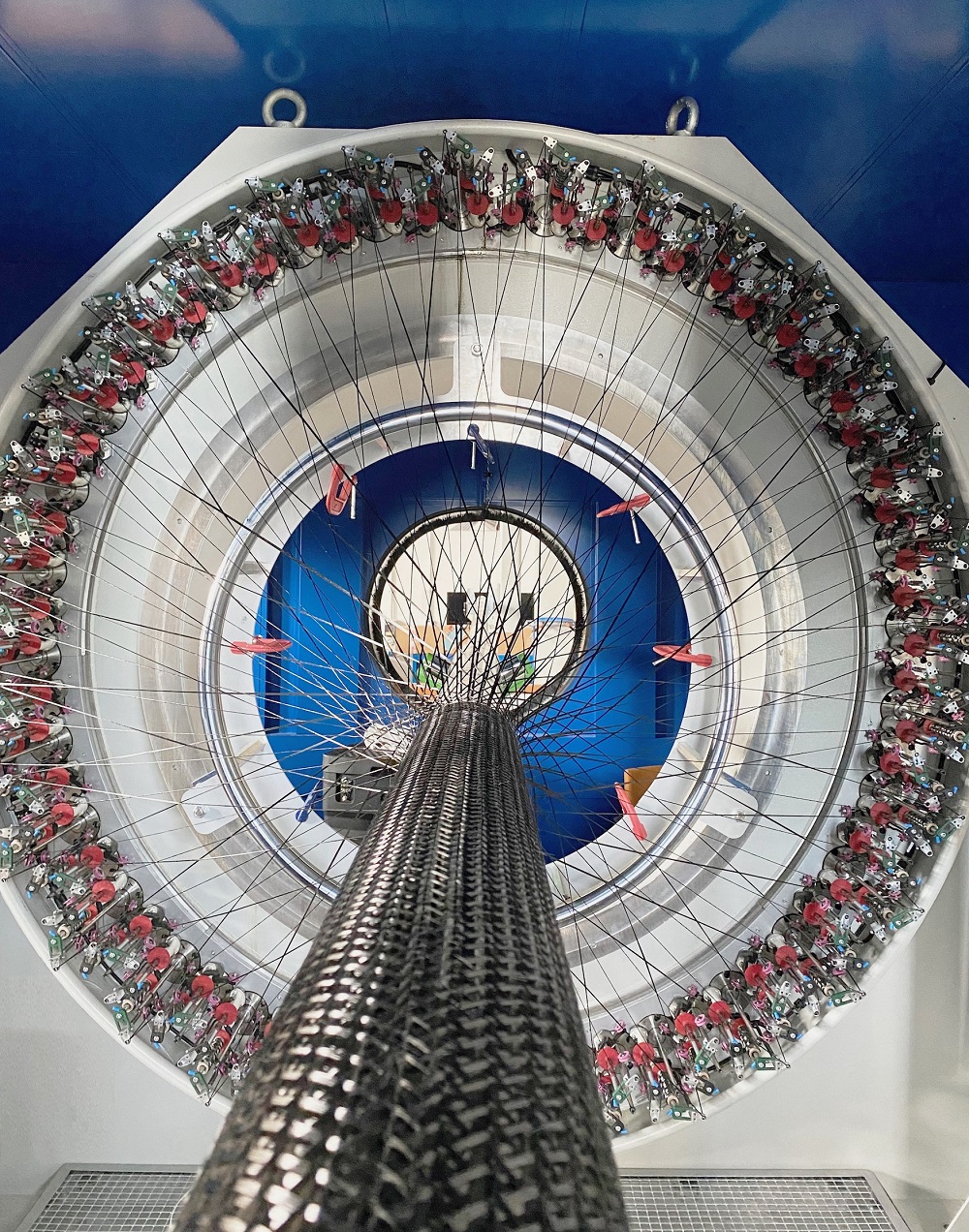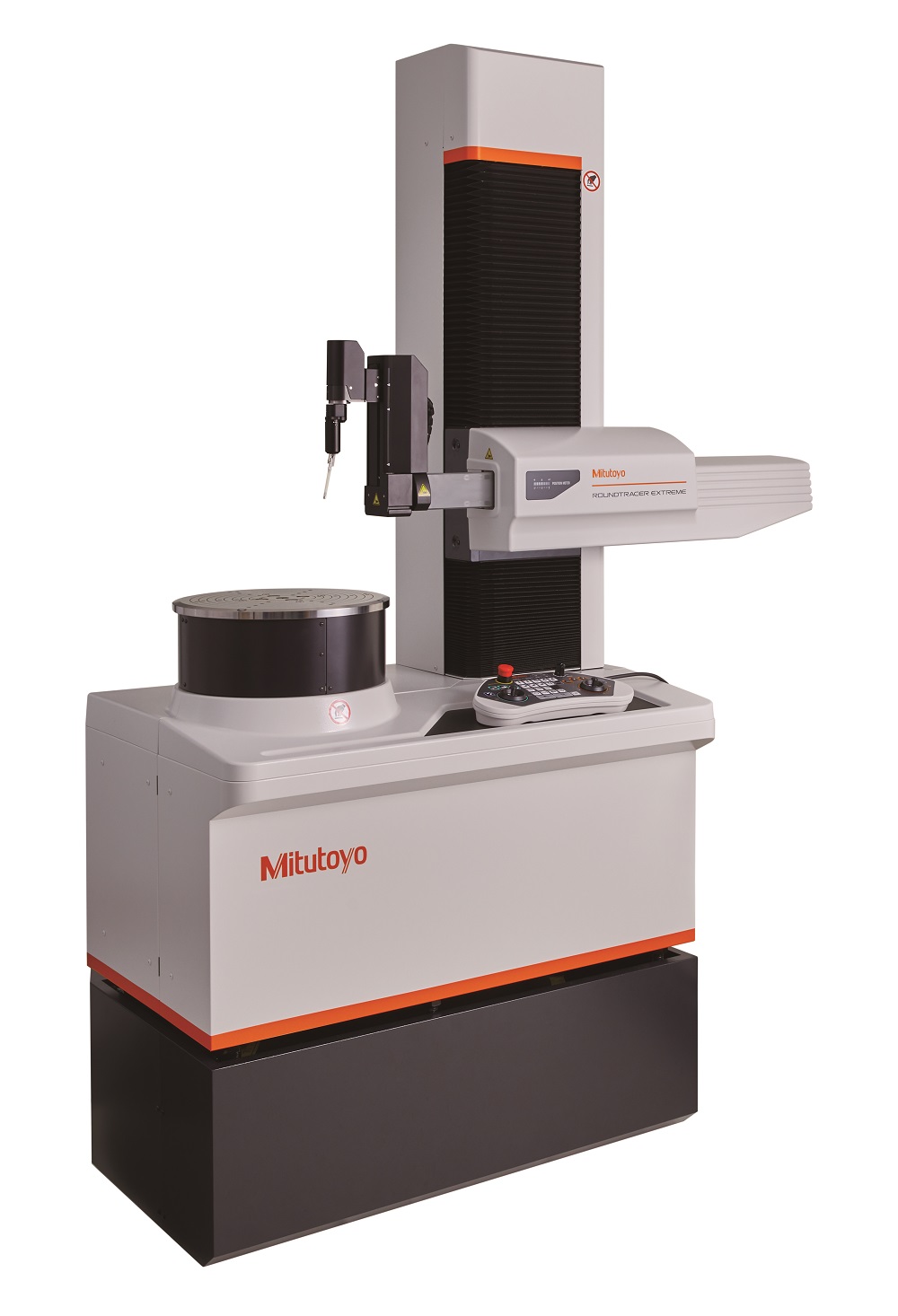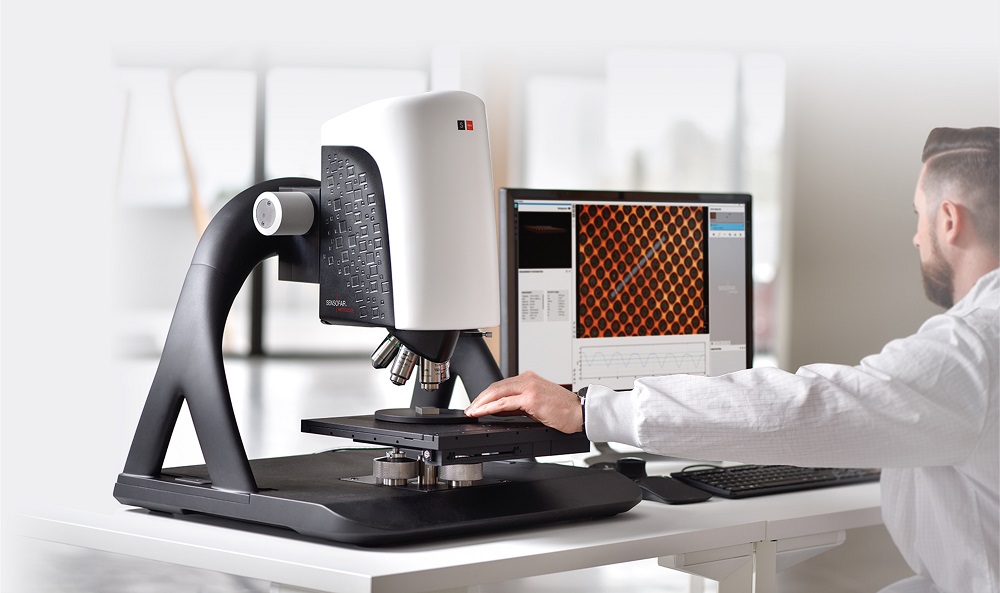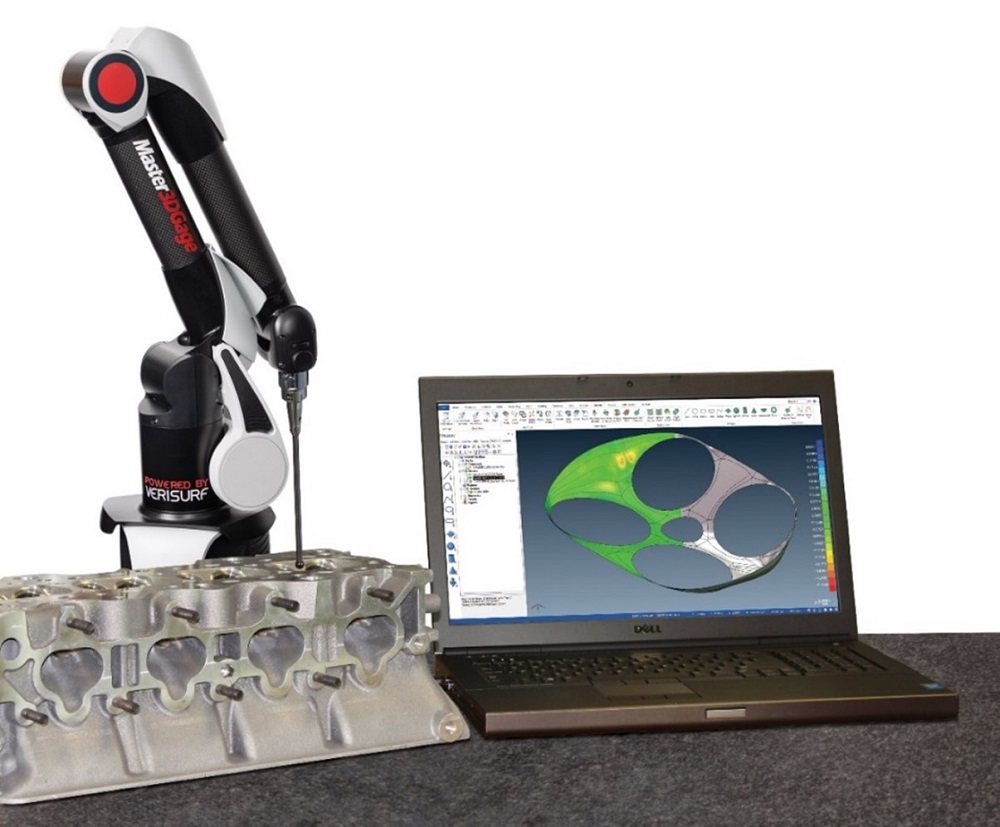PSL Datatrack has unveiled the new Contract Review module for its production control system, which is specifically for subcontract precision engineering businesses. The purpose of this new development is to ensure that all required contract review elements, in line with the user’s quality manual, have been checked and approved for a specific job or project.
Whether a subcontract company is AS9100-accredited or granted Fit for Nuclear (F4N) and requires a more formal contract review, or accredited to ISO 9001 or other standards and requires a less strict contract review, the review is nevertheless a key aspect of its operation.
The Contract Review module ensures that only authorised users perform relevant steps at quotation and/or works order stage, ultimately adhering to formal customer agreements and schedules. Integrating these procedures within PSL Datatrack clearly shows what actions are outstanding for each relevant quote or works order and who needs to perform the activity in question.
In line with PSL Datatrack’s overall approach to supplying production control software to subcontractors, this is not a ‘one size fits all’ solution and benefits from the input of established system users.The new module caters for variable checks depending on the customer and component in question, and there is security built in to ensure that only authorised users can sign off specific elements of a contract review.
Each user has a risk level, which specifies the highest risk level of review items that user is authorised to approve within Works Orders. Comments can be left against all items with details of who approved them and when. Furthermore, management can revoke items if dissatisfied or approval was made in error.
For further information www.psldatatrack.com



















